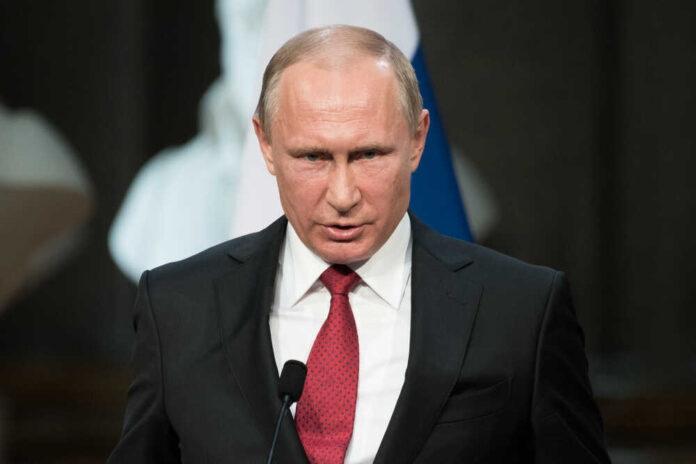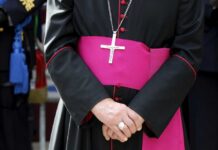Igor Girkin, a prominent Russian nationalist and military blogger known as Strelkov, has suggested that Russian President Vladimir Putin could face an internal revolt from his close associates that may threaten his position due to the ongoing invasion of Ukraine.
Strelkov, who had a significant part in the 2014 Donbas conflict in Ukraine and supported the war, has consistently criticized Russia’s military establishment and Putin’s handling of the conflict.
In a post on Telegram this Wednesday, Strelkov claimed that a successful rebellion by the head of the Wagner Group, Yevgeny Prigozhin, resulted in a power shift among Russia’s ruling class. Prigozhin’s forces took control of military facilities in Rostov-on-Don and advanced toward Moscow.
According to Strelkov, although eventually called off by Prigozhin, the rebellion has undermined the influence of individuals such as Moscow city Mayor Sergei Sobyanin Moscow region Governor Andrei Vorobyov, and Defense Minister Sergei Shoigu.
He further claimed that a faction within Putin’s close associates, the “Ozero (Lake) Cooperative” from the Leningrad Oblast, is planning to unseat the president in favor of one of their members, possibly Sergey Kiriyenko, Putin’s Chief of Staff or Prigozhin.
Strelkov suggests that this faction is seeking to disrupt Russia’s military operations, defense industrial base, and control of logistical support in the war to convince Putin of the need to admit defeat in Ukraine.
Strelkov also pointed out that this faction would target key state entities such as the Ministry of Defense, Security Council Secretary Nikolai Patrushev, the FSB, and other government bodies.
The Institute for the Study of War (ISW) has pointed out that Girkin advocates for the unrelenting pursuit of warfare and opposes freezing conflict lines in Ukraine, a strategy that Prigozhin, among others, has proposed.
The research center emphasized that Girkin is working to dilute enthusiasm for a Ukrainian ceasefire and is trying to present Prigozhin, the founder of Wagner, as a menace to Putin’s administration. This move is intended to provoke the Kremlin into taking stricter action against Prigozhin and to discourage attempts to bring a standstill to the Ukrainian front. Newsweek has contacted the Russian Defense Ministry for their response on this matter.
Despite Girkin implying that Prigozhin emerged victorious in the rebellion, there remains a cloud of uncertainty surrounding the events of June 24, the agreement that terminated the mutiny, and its implications for Putin and his close associates.
Tom Roberts, an assistant professor of East European, Russian, & Eurasian Studies at Northampton (MA), Smith College, felt that the rebellion revealed discord and instability within Russia’s upper echelon ranks, including the military leadership. Putin’s leadership is based on the notion that he is a pillar of stability.
He added that Putin’s actions post-June 24 seem to validate this notion. The president has been keen on demonstrating his command over the military and has been assertive in declaring that national unity was a crucial factor in quelling the rebellion.














